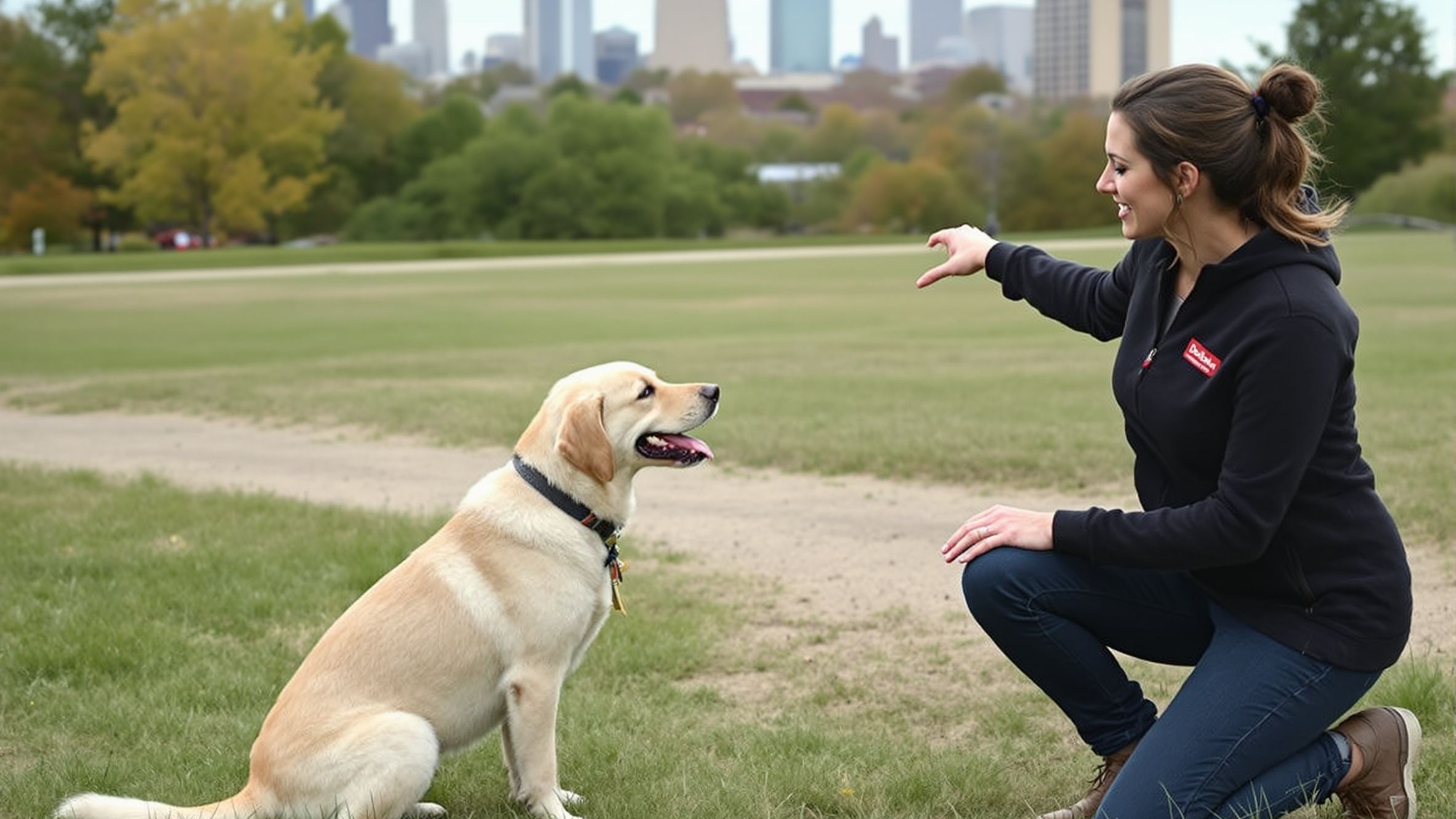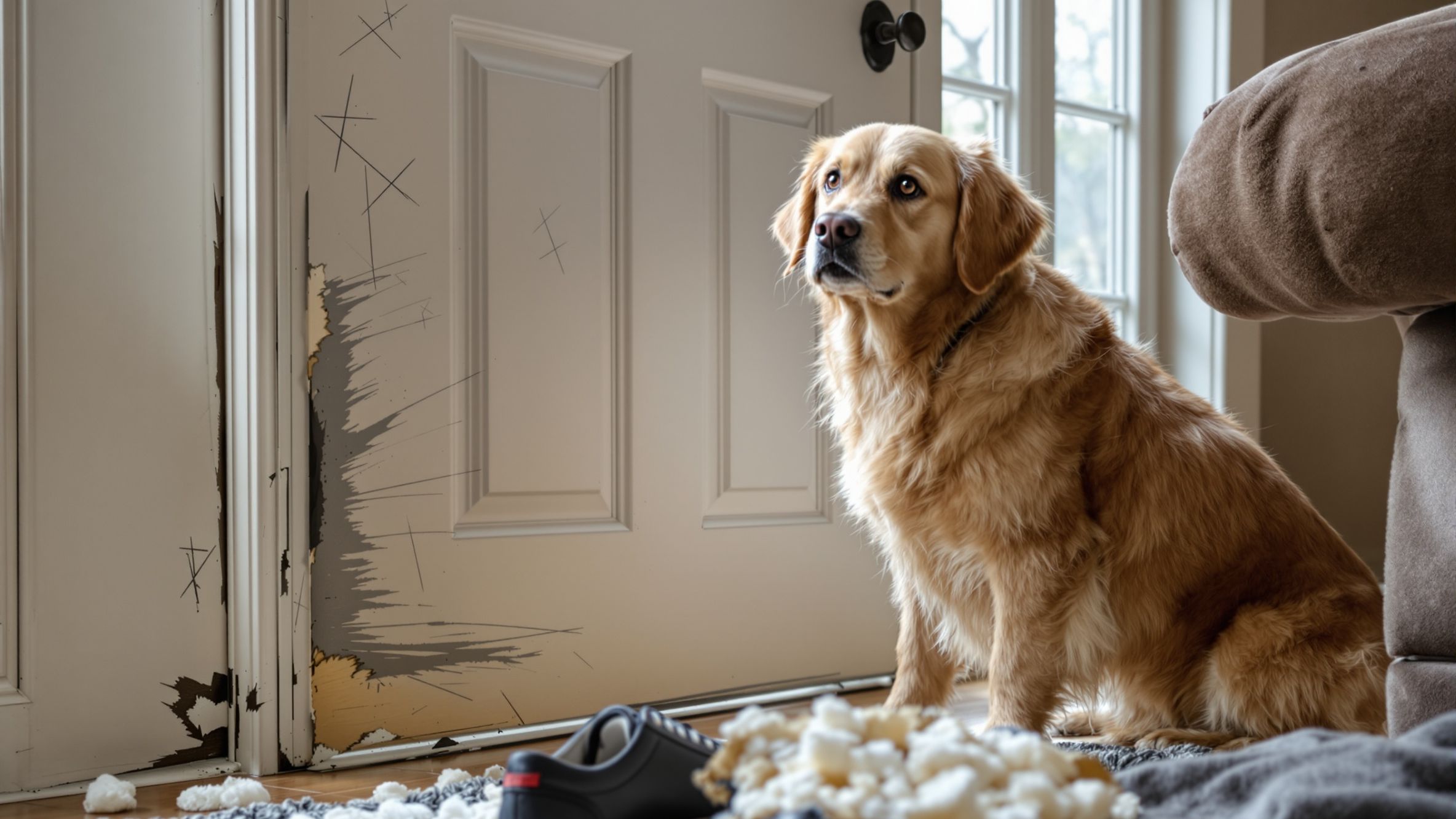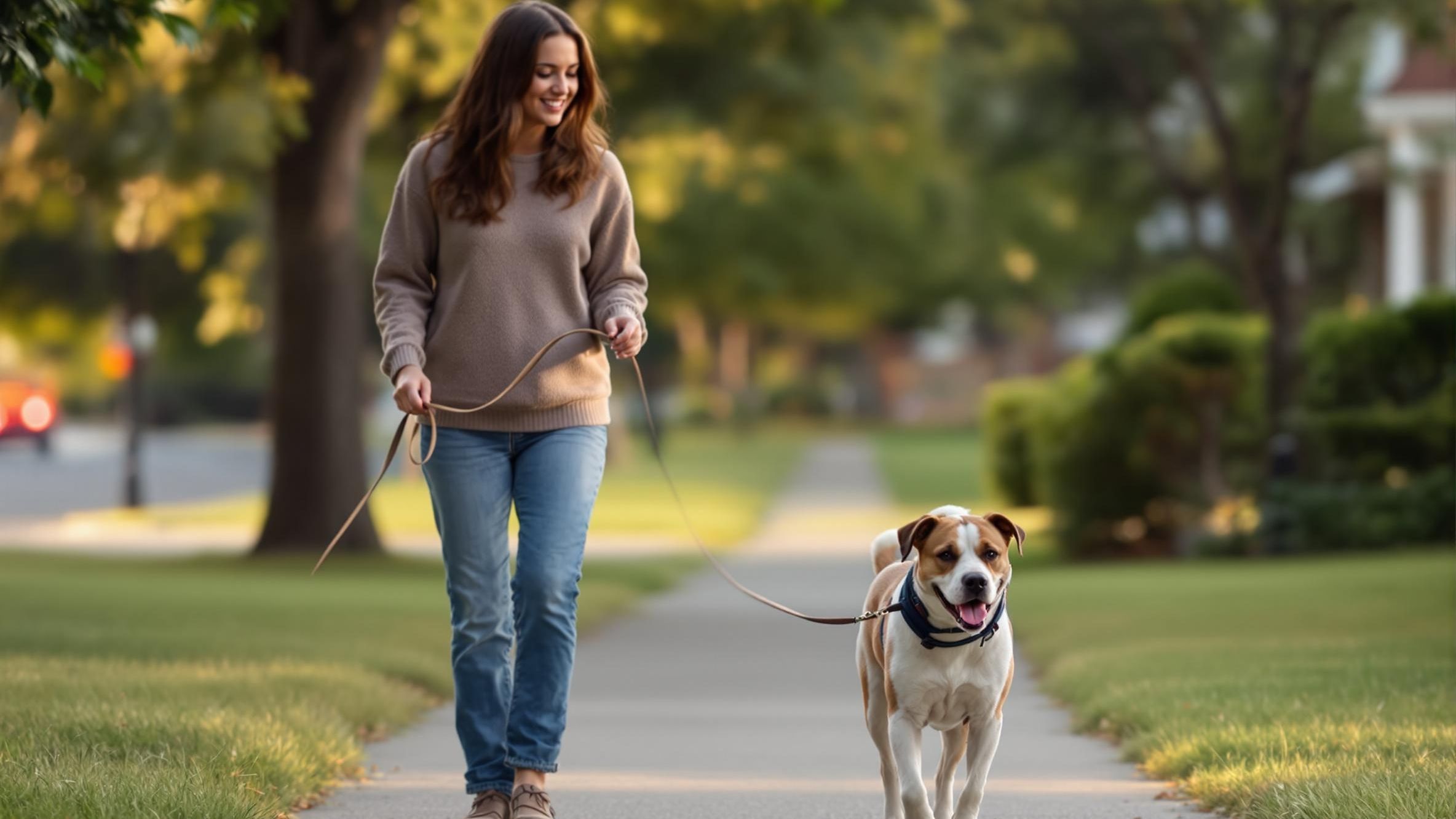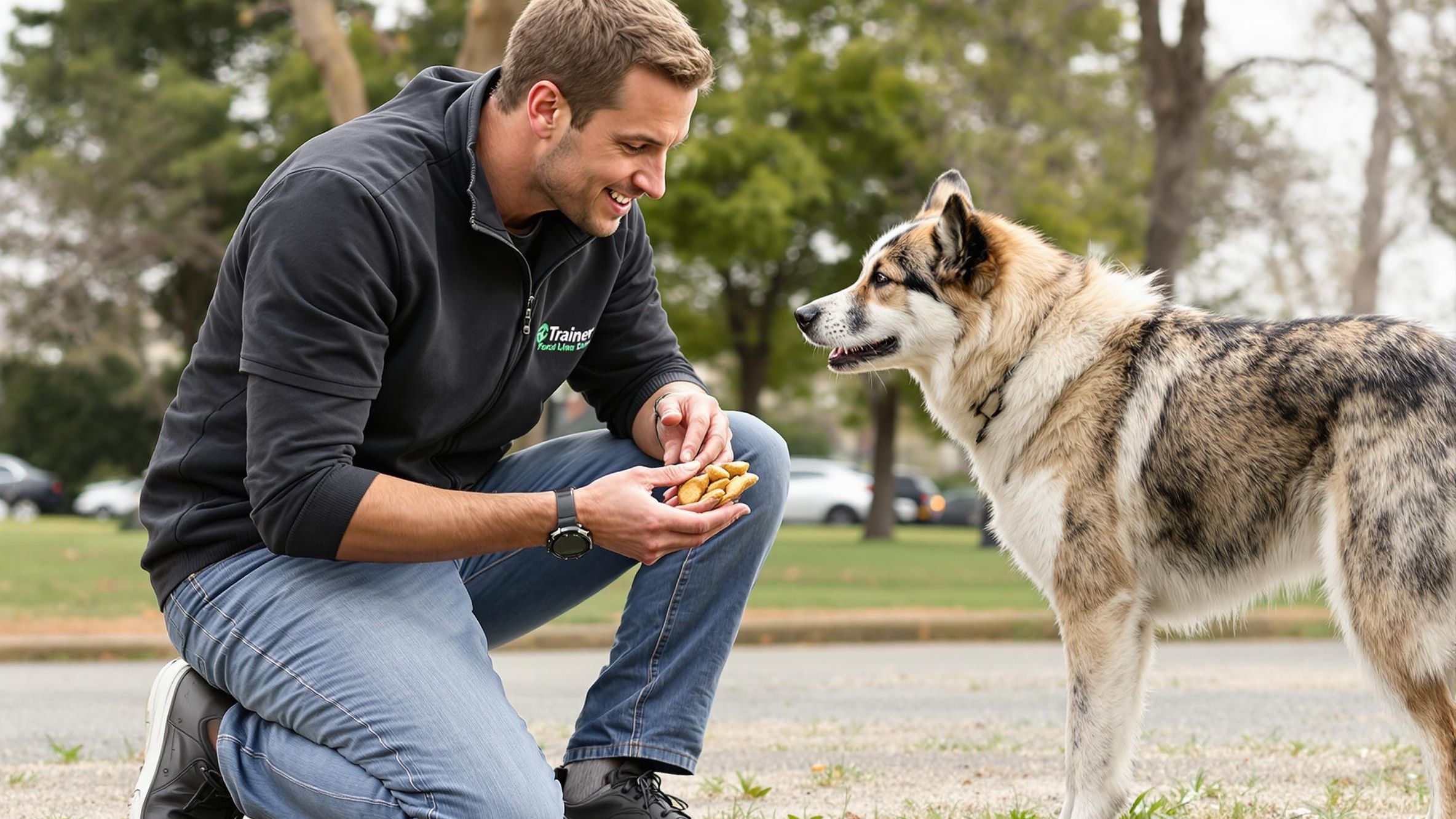Jessica pulled into her driveway after a long day at the office in downtown Detroit. Her return to in-person work after two years of remote life had been an adjustment for everyone—especially her 3-year-old Labrador, Max. As she approached her Royal Oak bungalow, she noticed the blinds were mangled. Again.
Inside, the damage told the familiar story: scratches on the door frame, the corner of her couch cushion torn open, and a puddle despite the morning potty break. Worse yet, there was a note from her neighbor about Max's non-stop barking. The guilt, frustration, and helplessness were overwhelming.
If this sounds painfully familiar, you're not alone. Separation anxiety has become increasingly common for Metro Detroit dog owners, especially as work and life patterns continue to shift. The good news? With the right approach, it can get better—often dramatically so.
Understanding Separation Anxiety: More Than Just "Bad Behavior"
Separation anxiety isn't disobedience or spite. It
...










